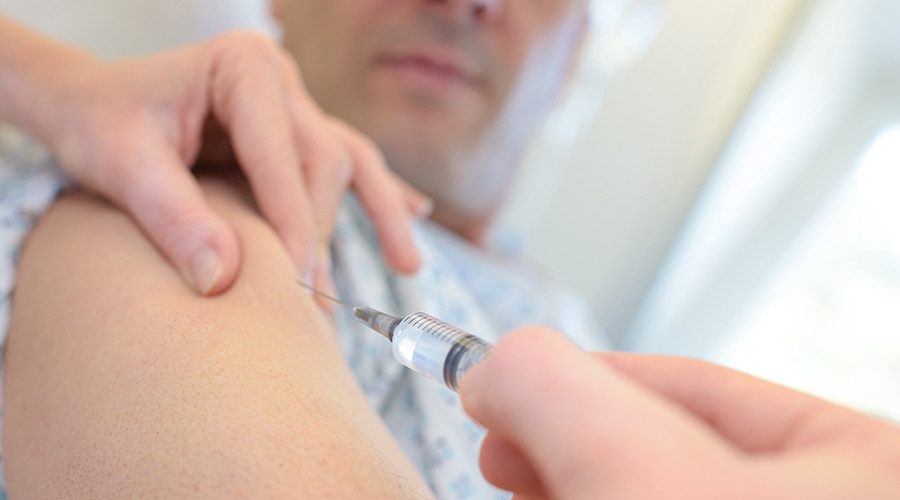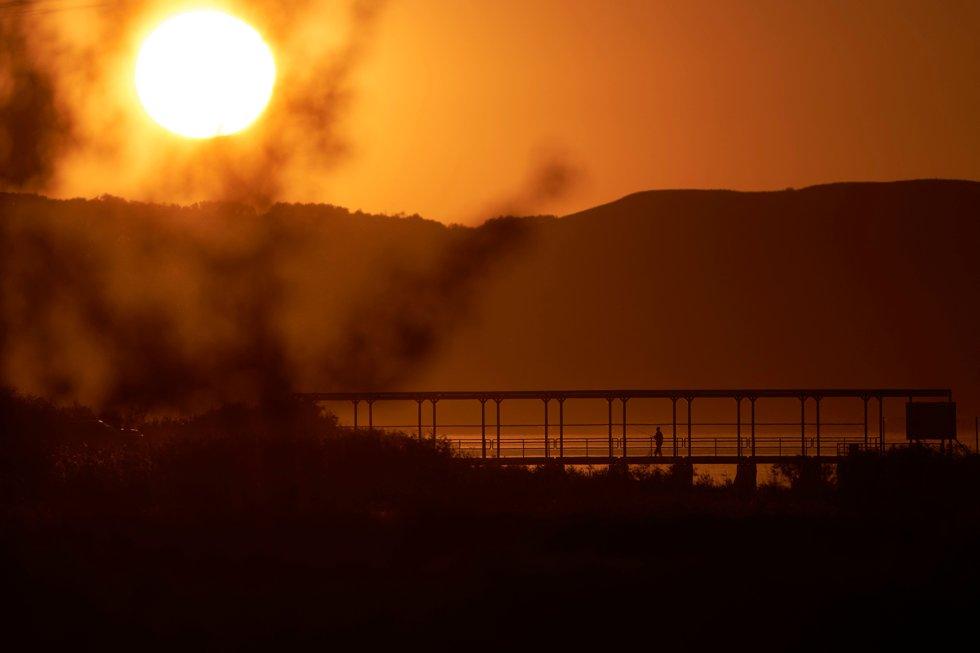It is expected this week whether or not healthy young people are eligible for vaccination against the coronavirus, and under what conditions. The law is clear about who decides whether or not to vaccinate: that is ultimately what young people themselves are about.
–
–
–
The Health Council has announced that it will issue advice before 1 July on whether or not to vaccinate young people from the age of 12. A decision does not have to be long in coming. Minister Hugo de Jonge made it clear earlier that he is in favor and hopes for a positive opinion from the experts. If young people are pricked, the chance of infections in classes is reduced and they contribute to society being “protected as best as possible” against the virus, De Jonge recently said.
In the advisory report, the Health Council will not only discuss the contribution to immunity that young people can make, but also the ethical side. Healthy young people generally do not get very sick from the virus themselves. They rarely end up in the hospital.
Control over vaccinations is regulated in the Medical Treatment Agreement Act (WGBO). It states that young people from the age of 16 make their own decisions about this. In children under the age of 12, the parents decide whether or not to vaccinate.
In principle, young people aged 12 to 15 decide together with their parents. If they do not want the child to be vaccinated, while the child does want it, the child’s wish is decisive. The law states that medical procedures in this age group may in two cases be performed without the consent of a parent or guardian. In the first place if the intervention is necessary to avoid “serious harm” for the patient. Secondly, if a young person “continues to deliberately wish for the operation”, while the parents do not want it.
It is debatable whether the lack of a corona vaccination should be seen as a serious disadvantage. It is clear, however, that there are disadvantages from a social point of view. For example, young people are now obliged to be tested in order to be able to go to a festival or other large-scale event, for example. Also for holidays in many other countries, a negative test certificate from the age of 12 is required if a vaccination certificate is missing.
The European Medicines Agency (EMA) has ruled that the Pfizer/BioNTech vaccine is safe for young people aged 12 years and older. If the government wants to make it possible to vaccinate healthy young people, this can be arranged quickly. It is expected that they will be next from mid-August, De Jonge said earlier. Dutch young people with a medical indication are already vaccinated. This also applies to young people who have a vulnerable housemate who cannot be vaccinated themselves for medical reasons, or whose vaccination is probably less effective due to an immune disorder.
Door: ANP | Photo: Envato
–

:quality(80)/cdn-kiosk-api.telegraaf.nl/3ed1c9ac-d967-11eb-81d4-02c309bc01c1.jpg)
